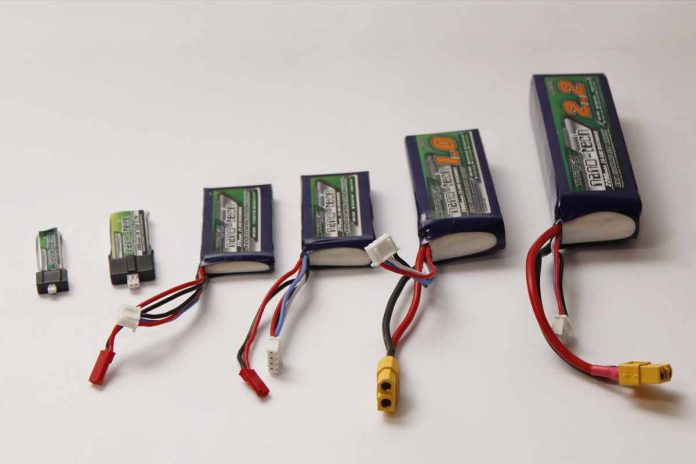When you are out at the supermarket about to buy a pack of batteries, you might have been stuck at choosing between an alkaline battery and a lithium battery. Lithium and alkaline batteries differ in a multitude of ways these include the voltage, chemical composition, pricing as well as the overall standard.
Lithium batteries originally debuted to the market to be used in electronics such as MP3 players, mobiles and such. This was because the batteries in these devices had to be rechargeable and were also not removable.
But over the last few years, we have seen lithium batteries cross into the market space occupied by alkaline batteries such as the AA battery and the AAA battery. For those not familiar with the battery industry, it can be difficult deciding on what to choose for what use.
Llithium Batteries vs Alkaline Batteries for Flashlights
Advantages of Alkaline Batteries
For a little history on alkaline batteries, they became popular in use during the year of 1970. They were built to replace flimsy Carbon Zinc batteries. The biggest advantage that alkaline batteries possess is that they are easily available anywhere in the world.
The feature that distinguishes them is the long shelf life they possess. They could lie unused for even 7 years and still pack a punch in them.
Disadvantages of Alkaline Batteries
The main disadvantage of alkaline batteries is that they are not rechargeable. On average, alkaline batteries do not work well when it comes to high drain electronics. Some high end alkaline batteries work well, then but not as well as NiMH batteries by brands like Eneloop.
High drain devices include cameras and such. Alkaline batteries do not work well as they can not supply power at the speed required by the device. This means the batteries work only for a short time.
They also have a higher chance of leaking. For those who do not know, leaking can damage the electronic device that the battery is occupying. Those who are worried about the environment might want to know that batteries are very hard to recycle and very few places even recycle them.
Advantages of Lithium Batteries
Moving on to lithium batteries, the major benefit you get from them is that they work really well in high drain electronics. Lithium batteries are also a great choice if you have gadgets that need to be operated in minus temperatures.
They have been approved for lower temperatures than any other types of batteries. Things like the voltage and the flow of the current are known to be at a usable level. Similar to alkaline batteries, they have a large shelf life and are ideal for equipment like smoke detectors where replacing batteries often can be a painstaking task.
Disadvantages of Lithium Batteries
Lithium batteries are generally more expensive when compared with other types of batteries. Those that come in sized such as AA are not rechargeable either.
Another dangerous problem with using lithium batteries is that the high voltages of the battery have the possibility to fry out the electronics that it is charging. As with alkaline batteries, there are also quite difficult to recycle.
More Related Stories
- How To Spot Failing Battery Cables
- Is Brass the Best Material for Battery Terminals?
- How To Select Right Multicore Cable
- Why Submersible Flat Cables are Best For Water Connections
- How to Choose Wires and Cables Exporters
For More Information and Updates about Latest NEWS, Keep Visiting CRECSO NEWS Magazine. Follow us on Facebook, Instagram, and Subscribe for Daily Updates To Your Mail Box.













